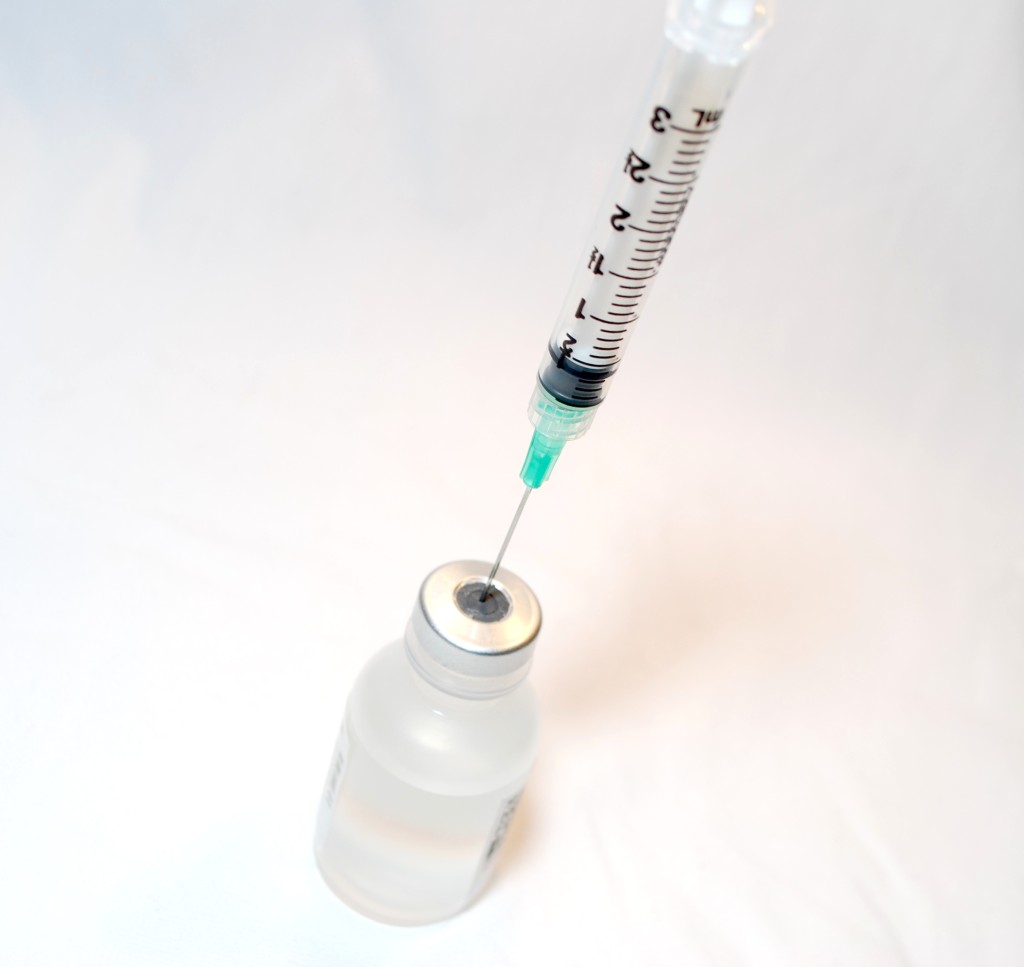China’s Vaccine Scandal
On March 20th, eastern Shandong Province’s Food and Drug Administration released information detailing an illegal vaccine ring. The ring has sold 570 million RMB worth of improperly handled vaccines to 24 provinces across the nation. Police in Shandong has so far arrested 37 people involved in the scandal, including the former pharmacist, Pang, and her daughter who have been operating this illegal business since 2010. “This is murder.” Wang Yuedan, deputy head of Peking University Medical School’s immunology department was quoted as saying. The case involves approximately 2 million vaccines that were illegally sold online and then shipped without adequate refrigeration to medical companies and illegal businesses all over China. Although the vaccines were made by licensed manufacturers, they require a constant temperature between 2 and 8 degrees Celsius to remain effective. Patients’ lives have been put at risk due to the resulting ineffective vaccination against diseases including chickenpox, hepatitis A, meningitis and rabies.
The scandal has exposed many loopholes in the Chinese government’s supervision of the vaccine industry. Investigators uncovered a long-standing collusion, in which government clinics sell near-expired vaccines at a discounted price to vendors who then resell them to other government clinics. Other government failures lie in the inadequate supervision of vaccine transportation and illegal operations, including the illegal vaccine trade that Pang continued to be involved in even after she was given a 3-year suspended sentence in 2009.
Heated online discussion of the scandal has led to widespread mistrust in the credibility of Chinese vaccines. In response, Li Guoqing, head of the nation’s Food and Drug Administration, urged the public not to panic and said that a reduction in vaccination would cause more harm to public health than the incident itself. Chinese premier, Li Keqiang, also issued a statement saying there would be “no leniency” in the investigation and punishment of those involved in the scandal.
According to the World Health Organization, the main risk posed by improperly handled vaccines is ineffectiveness against infectious diseases. As the Chinese Office of the WHO stressed, “improperly stored or expired vaccine seldom if ever causes a toxic reaction. Therefore there is likely to be minimal safety risk in this particular situation.”
The exposure of Pang’s illegal vaccine ring has served a blow to public confidence in China’s health system on top of existing qualms about food safety due to the milk powder scandal in 2008. While public officials openly express their condemnation of such safety violations, scandals like this will only continue to reveal glaring issues in the government’s supervision of key public industries.
